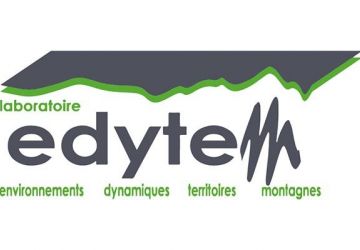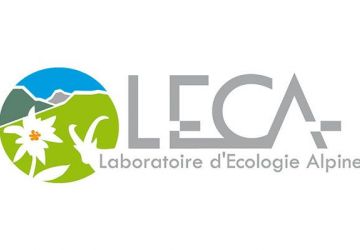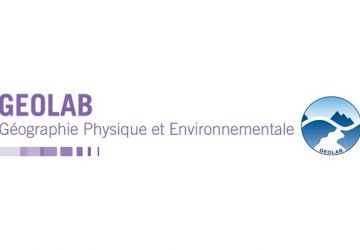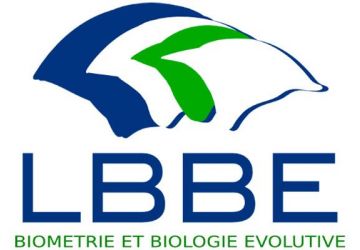Projet de recherche
Humani : Areas shared between recreational users and wildlife: for integrated management of mountains socio-ecosystems
Du 01/07/2016 au 31/12/2018

Auvergne Rhône-Alpes is an attractive region for tourism and outdoor activities, especially in mountain areas. This attractiveness and the diversification of outdoor activities led to an increasing rate of frequentation of mountain areas all year long. This frequentation could have negative effects on animal demography and distribution in different habitats, and hence impacts biodiversity. These consequences of human activities should be quantified in order to understand the fate of wildlife populations in mountain socio-ecosystem. It is also crucial to understand how and why users perceive and deal with natural environments, by analysing practices and representations. Moreover, this study will provide data and knowledge required by protected areas managers who are facing an increasing number of outdoor activities on their territory.
The overarching goal of this project is to study human-wildlife interactions and their consequences from both sides, by building an interdisciplinary project crossing sport sociology, cultural geography and ecology. Crossing data obtain from both outdoor activities users and wildlife behaviour, HUMANI will contribute to quantify and qualify the interaction between human and animals which will help understanding future changes in socio-ecosystem. More specifically, we want to study hunting in Game and Wildlife Reserve of Bauges and hiking in the Natural Reserve of Grande Sassière, territory with a great population of marmots. In this project, we propose to develop an integrated analysis of (1) the use and perceptions of the environment by outdoor activities participants, and (2) the consequences of sharing areas for humans and wildlife.
We expect our project to provide : (1) the development of an interdisciplinary methodology for a better understanding of human - wildlife relationships ; (2) a typology of outdoor activities participants according to their outdoor activities experience, their interest in wildlife and the perception of their own disturbance on wildlife ; (3) new insights on the dynamics of wildlife-human interactions in areas shared by participants of outdoor activities and wildlife ; (4) new results about the diversity of wildlife responses to human impacts depending on animal species, outdoor activity and protection statuses.
For managers of protected areas, a better understanding of human and animal mobility and the impact of human presence on the dynamics of animal populations can lead to proposals for protective measures, including the establishment of protected areas. In addition, better understanding of recreationists' motivations, and how they move in space can help improve communication between the managers of natural areas and outdoor sports participants
LabEx ITEM awards a maximum budget of € 43 550 spread over the total duration of the project as a budget revised annually.
Institutions partenaires

Environnements, Dynamiques et Territoires de la Montagne (UMR 5204)
Porteur du projet

Laboratoire d’Écologie Alpine (UMR 5553)
Partenariat scientifique

Laboratoire de géographie physique et environnementale (UMR6042)
Partenariat scientifique

Laboratoire Biométrie et Biologie Evolutive (UMR 5558)
Partenariat scientifique

 Facebook
Facebook Forward
Forward Google+
Google+ LinkedIn
LinkedIn Twitter
Twitter




